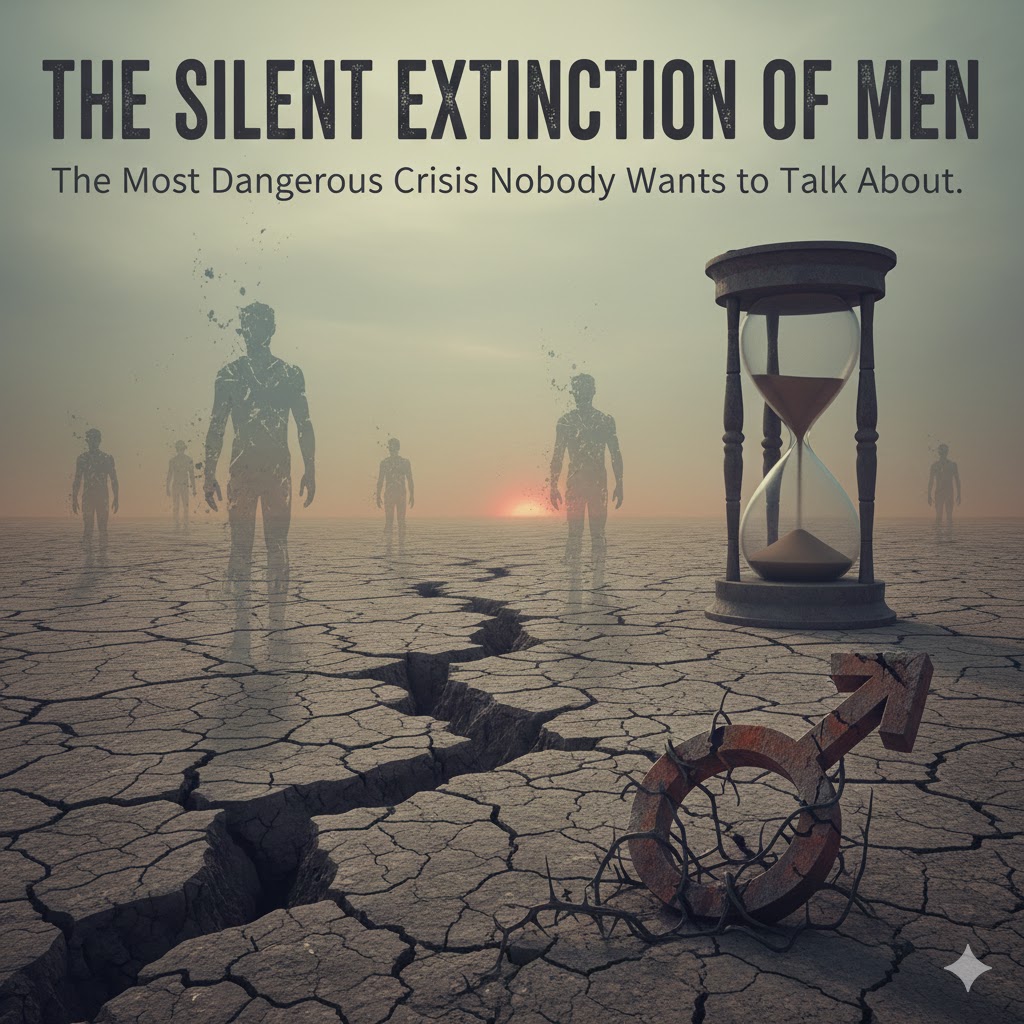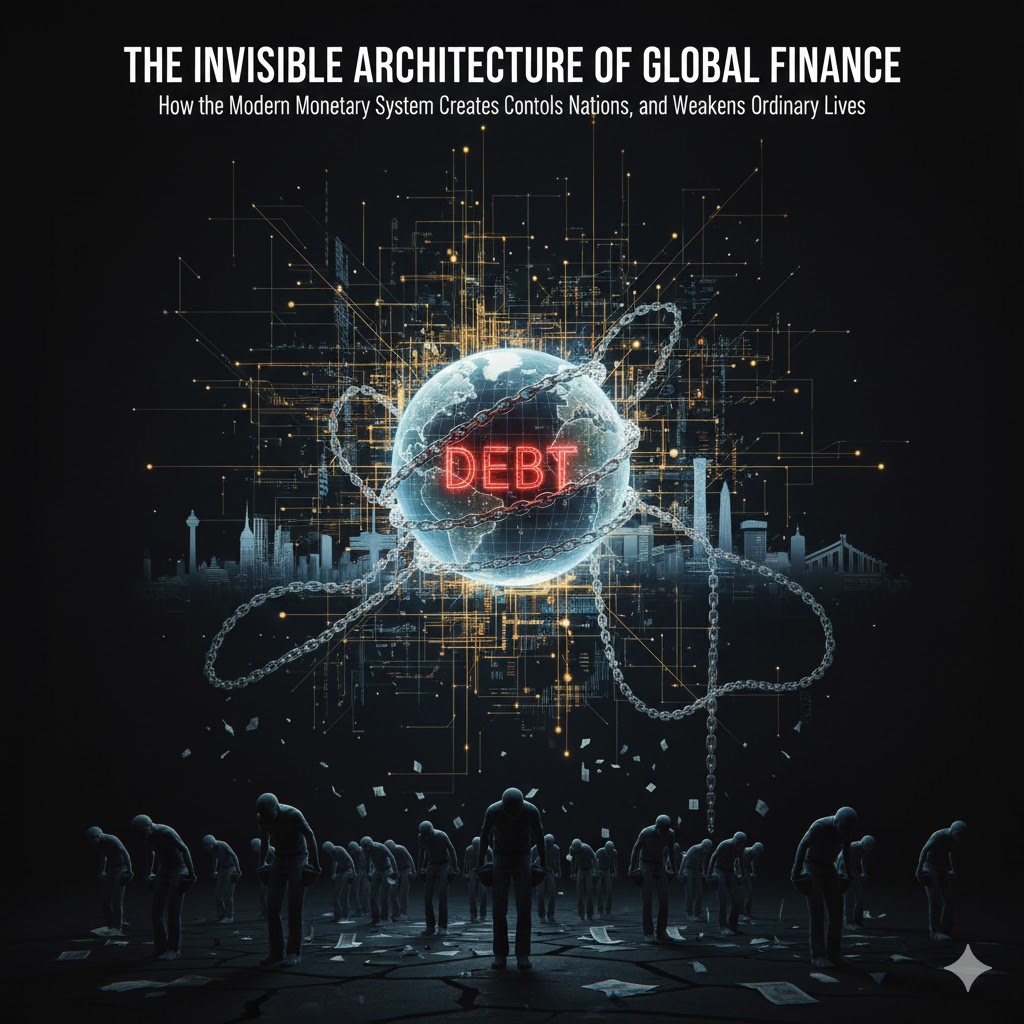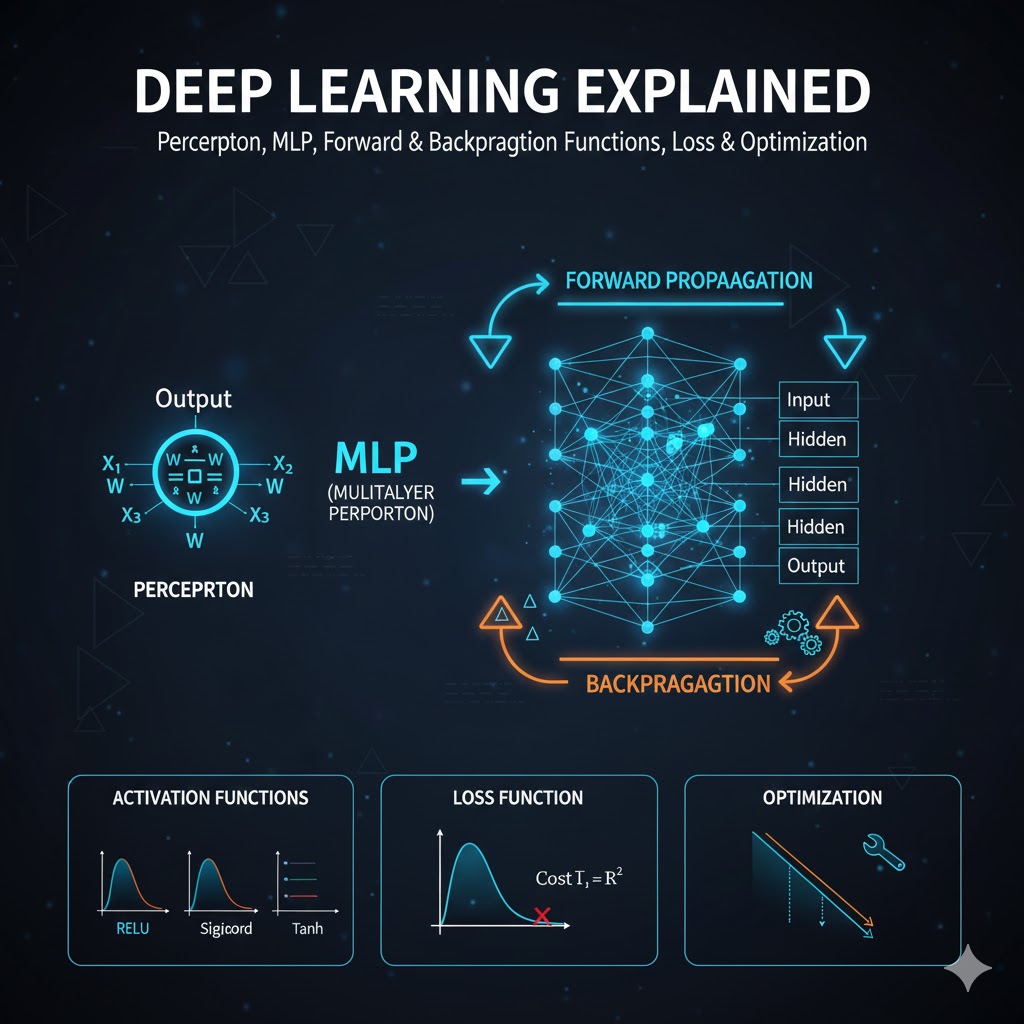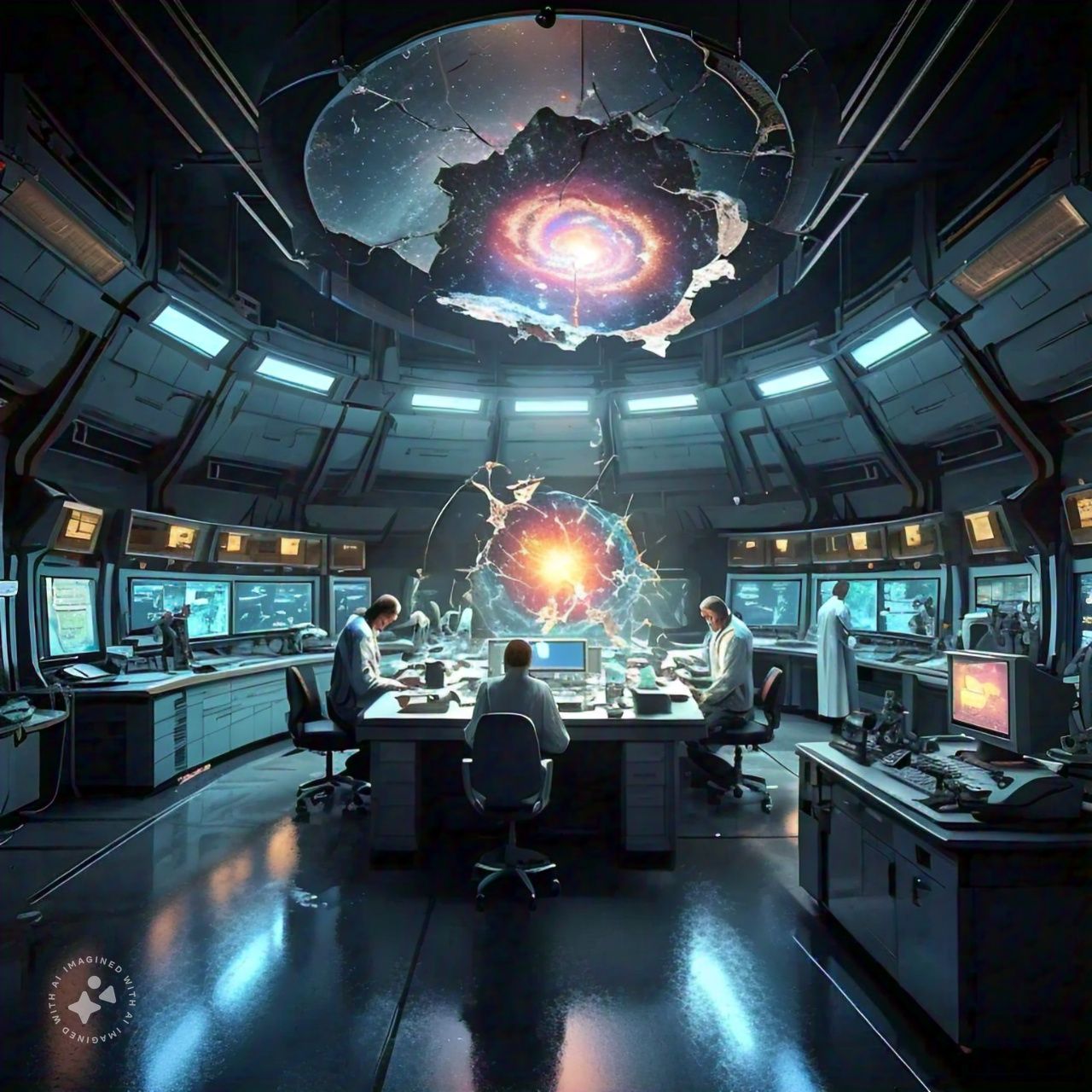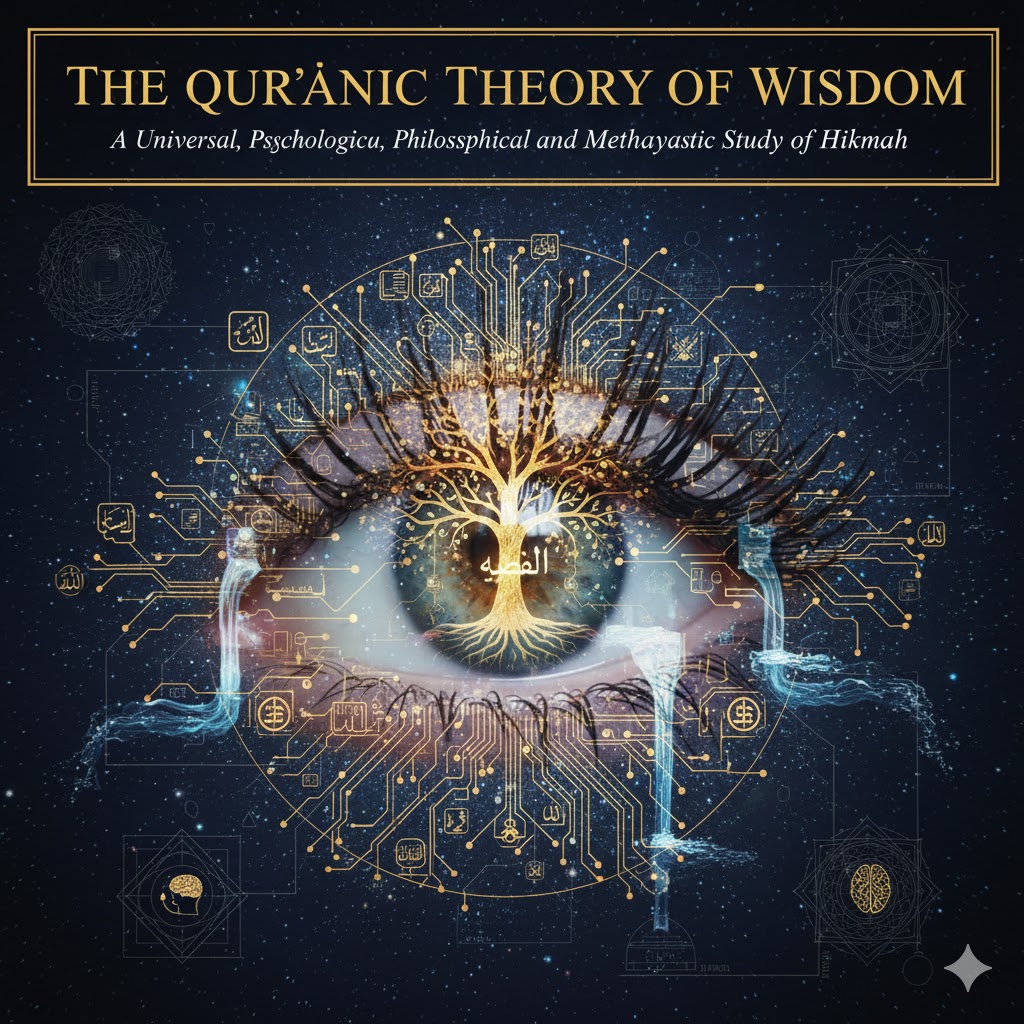Introduction
For decades, the Big Bang has been the cornerstone of cosmological understanding, marking the origin of the universe as we know it. However, recent studies have begun to challenge this notion, suggesting that the universe may have had a secret life before the Big Bang. This article delves deep into the latest scientific research and theories that propose a pre-Big Bang universe, offering a comprehensive exploration of what this could mean for our understanding of cosmology.
The Big Bang Theory: A Brief Overview
The Big Bang theory posits that the universe began as an infinitely dense point, which then expanded rapidly in a hot, dense state. This expansion, known as cosmic inflation, led to the formation of the universe we observe today, filled with galaxies, stars, and planets. The theory has been widely accepted due to its ability to explain various cosmic phenomena, such as the cosmic microwave background radiation and the distribution of galaxies.
The Emergence of Alternative Theories
Despite its success, the Big Bang theory has not been without controversy. Some scientists argue that it leaves unanswered questions, such as the nature of dark matter and dark energy, and what exactly happened at the very beginning. These gaps have led to the development of alternative theories, such as the cyclic model and the Big Bounce theory, which suggest that the universe may have undergone previous phases of contraction and expansion.
The Concept of a Pre-Big Bang Universe
Recent research suggests that the universe may not have begun with the Big Bang, but rather transitioned from a previous state. This theory is supported by the idea that the Big Bang was not a singular event, but rather a phase transition from a previous universe. According to this view, our universe could be just one of many cycles of expansion and contraction, with each “Big Bang” marking the beginning of a new cycle.
The Role of Quantum Fluctuations
One of the key pieces of evidence supporting the idea of a pre-Big Bang universe comes from quantum fluctuations. These fluctuations, which occurred during the supposed inflationary period, may have left imprints on the cosmic microwave background radiation that we can observe today. By studying these imprints, scientists hope to gain insights into what the universe was like before the Big Bang.
The “Primordial Standard Clock” Theory
A groundbreaking study led by astronomers at Harvard University introduces the concept of a “primordial standard clock,” which could help distinguish between different theories of the early universe. This theory suggests that massive elementary particles in the primordial universe could have left signals imprinted in the structure of quantum fluctuations. By detecting these signals, scientists may be able to determine whether the universe was expanding or contracting before the Big Bang.
Implications for Cosmology
If proven, the idea of a pre-Big Bang universe could revolutionize our understanding of cosmology. It would challenge the notion that the Big Bang was the absolute beginning and suggest that our universe is part of a much larger and potentially infinite cycle of creation and destruction. This could also have profound implications for our understanding of time, space, and the fundamental nature of reality.
Future Research Directions
The search for evidence of a pre-Big Bang universe is still in its early stages, and much more research is needed. Future studies will likely focus on refining the techniques used to detect signals from the primordial universe and exploring other potential sources of evidence. As our observational capabilities improve, we may be able to gather more data that could either confirm or refute these theories.
Conclusion
The idea that the universe had a life before the Big Bang is a radical departure from traditional cosmological theories, but it is one that is gaining traction in the scientific community. As researchers continue to explore this possibility, we may be on the brink of a new era in our understanding of the cosmos. The implications of a pre-Big Bang universe are vast and could fundamentally alter our perception of where we come from and where we are headed.
Sources of Evidence
- Cosmic Microwave Background (CMB) Radiation: The CMB is the remnant radiation from the early universe and has been a critical tool in studying the Big Bang. Researchers believe that certain patterns in the CMB could provide clues about the state of the universe before the Big Bang.
- Gravitational Waves: These ripples in space-time could also hold evidence of events that occurred before the Big Bang. If detected, they could offer direct insights into the conditions of the early universe.
- Quantum Fluctuations: The study of quantum fluctuations in the early universe may reveal information about the transition from the pre-Big Bang universe to the current one.
- Mathematical Models: Theoretical physicists are developing models that describe how the universe could have existed before the Big Bang. These models are based on the principles of quantum mechanics and general relativity and offer predictions that can be tested through observation.
Impacts on Scientific Thought
The notion of a pre-Big Bang universe challenges the long-held belief in a singular origin of the universe. It opens the door to new questions about the nature of time, the possibility of parallel universes, and the ultimate fate of our own universe. As this field of research advances, it may lead to a paradigm shift in how we understand the cosmos.
This comprehensive exploration provides a detailed understanding of the potential secret life of the universe before the Big Bang, drawing on the latest research and theories in the field of cosmology. As science progresses, we may one day unravel the mysteries of what existed before our universe as we know it came into being.
Sources:
- Harvard Gazette
- Big Think
- New Scientist
- Physics.org
- NASA archives
This article aims to provide readers with a thorough understanding of the latest developments in cosmological theories and the evidence supporting the idea of a pre-Big Bang universe. It highlights the ongoing research and the potential implications for our understanding of the universe.

